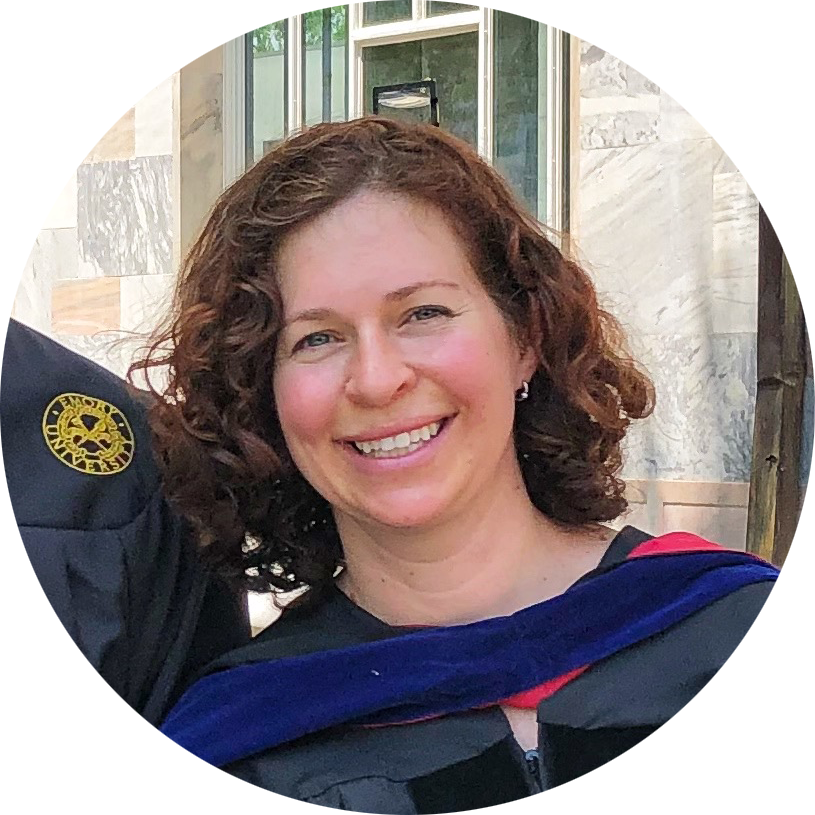Math 362W: Mathematical Statistics II with Writing
Tuesdays & Thursdays 1:00 p.m.-2:15 p.m.
With the introduction of technology into the classroom, statistics is becoming more about communication and less about calculation. This second semester mathematical statistics course focuses on the fundamentals of inferential statistics but also gives students an opportunity to apply what they have learned to real world data. Throughout the semester, students analyze Emory’s Sustainability Knowledge and Attitudes Survey. They learn how to articulate why the statistical methods they use are applicable, discuss what their results show (and don’t show), and make recommendations to the Office of Sustainability Initiatives for future studies based on their findings. In addition to the analysis, students develop an intuition on what statistics measure and understand the difference between statistical significance and practical significance. By analyzing this Emory survey, students develop a sense of place and connect with their community by seeing how their decisions and skills can contribute to the community as a whole. This class was developed though the Piedmont Project.
Math 385W: Topics in Mathematics: Preparation for Industrial Careers in Mathematical Sciences
Tuesdays & Thursdays 11:30 a.m. - 12:45 p.m.
This spring semester research course assemble teams of students to work on messy real world problems. This semester’s projects are proposed by the Atlanta Beltline Inc. and Fair Fight Action. For the Atlanta Beltline Inc, students are using spatial data to identify optimal walking routes to Washington High School that utilize the BeltLine’s existing Westside Trail or its planned extensions north. The analysis draws upon street and sidewalk networks, BeltLine trail alignments and access point locations, Washington High School’s attendance zone, and tax parcel data to identify how trail segments can best serve Atlanta Public School (APS) students. For Fair Fight Action, students are analyzing the voter maintenance rolls or the rates of absentee ballot application requests and rejections by county over the last 8 election cycles to determine if any patterns exist. This course was developed through the MAA's PIC Math Program.
Math 590: Teaching Seminar
Fridays 11:00 a.m. - 11:50 a.m.
This is two-semester seminar for first year graduate students concentrates on effective teaching techniques and professional development in mathematics. The fall semester focuses on philosophy and methods of teaching and learning. The spring semester focuses on performance and practice. Topics include: grading, dealing with difficult situations, evidence based teaching practices, time management, creating assessments, and the honor code. This course is co-taught with Juan Villeta-Garcia and was developed with the help of MAA's CoMInDS Project.
